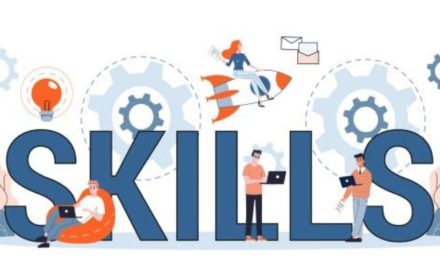Rise of Automation and Technology:
As manufacturing processes become more automated, the demand for traditional skills is on the decline. Tasks that were once performed manually are now executed by machines, leading to a paradigm shift in the skill set required by the workforce. This section will discuss the impact of automation on the manufacturing industry and highlight the specific skills that are becoming obsolete.
The Emergence of Industry 4.0:
Adapting to Sustainable Practices:
With a growing emphasis on sustainability, manufacturers are adopting eco-friendly practices. This shift necessitates skills related to green technologies, renewable energy, and environmentally conscious production methods. This section will discuss the evolving role of sustainability in manufacturing and the skills that professionals should cultivate to contribute to this aspect of the industry.
Collaboration and Interdisciplinary Skills:
The changing landscape of manufacturing requires professionals who can work seamlessly across disciplines. This section will highlight the importance of collaboration between engineers, data scientists, and other specialists. It will also delve into the need for interdisciplinary skills that can bridge the gap between different facets of the manufacturing process.
Soft Skills in High Demand:
Continuous Learning and Upskilling:
Given the rapid pace of technological advancements, a commitment to lifelong learning is essential for professionals in manufacturing. This section will discuss the importance of upskilling and provide insights into various resources and programs that can help individuals stay abreast of the latest industry trends.
Conclusion:
In conclusion, the dynamic landscape of the manufacturing industry necessitates a continuous evolution of skills to keep pace with changing demands. Adapting to changing manufacturing needs is not just a requirement but a strategic imperative for professionals in this field. As technological advancements redefine processes and workflows, the workforce must embrace a proactive approach to skill development. It is evident that staying relevant in the industry requires a commitment to lifelong learning and an openness to mastering emerging technologies. Moreover, the ability to anticipate and respond swiftly to shifts in manufacturing trends will distinguish the adaptable workforce.
JRG Partners has placed several manufacturing candidates with top manufacturing companies all across the US, we have recently placed a “Manufacturing Validation Engineer(retained search)” with a Beverages manufacturing company in Cleveland, Ohio. As we navigate the ever-evolving landscape, our commitment remains steadfast in providing tailored solutions that elevate workforce management, drive productivity, and fortify manufacturing enterprises for the challenges and opportunities of tomorrow.
